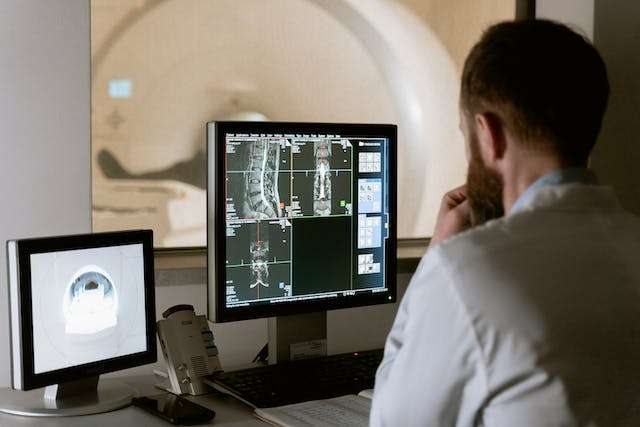
Car accidents result in various injuries and trauma. Although some injuries are more severe than others and will take more time to heal, in Florida, if you pass the serious injury threshold, you might be eligible to pursue a personal injury claim against the at-fault party and recover compensation for your injuries and other losses.
A Boca Raton car accident lawyer can help you determine whether you have the legal grounds to pursue a personal injury claim against another entity for their negligence or intentional actions.
Through your lawyer’s guidance, you can build up a case strong enough to seek compensation not just for your injuries, but lost wages, pain and suffering, and more. Here are some of the most common car accident injuries:
Soft Tissue Injuries
Soft tissue injuries occur in many car accidents. They occur when your muscles, tendons, or ligaments are damaged. Whiplash, for example, can result in such injuries, especially in rear-end collisions.
Whiplash occurs commonly in many car accidents since victims usually have their heads forcefully jerked back and forth by the impact of the crash.
Broken Bones
Not all car accidents result in broken bones, however, such injuries easily occur in high-impact collisions. Some of the most common fractures include broken arms, ribs, collarbones, or legs. These types of injuries require long-term care and will result in various medical expenses, which is why you should pursue a personal injury claim to cover your costs.
Head and Brain Injuries
Among the most severe injuries, which are also unfortunately common in car accidents, are head and brain injuries. Although not all concussions can result in complications for the victim, traumatic brain injuries (TBIs) often do.
These types of injuries can come with long-term effects related to cognitive function, memory, and personality changes. Such injuries will affect not only a victim’s quality of life but also possibly their interpersonal relationships.
In instances where a victim suffers a TBI, they might be eligible to pursue non-economic damages, such as pain and suffering, apart from economic damages, like medical expenses, lost wages, and others. Non-economic damages can significantly raise the amount of compensation awarded to victims in personal injury cases.
Spinal Cord Injuries
Severe injuries in car accidents aren’t only related to head injuries. Back injuries, especially spinal cord injuries, are also severe and common in such events. These types of injuries can lead to partial or complete paralysis, significantly impacting a victim’s mobility and quality of life.
Chest and Abdominal Injuries
Forceful impacts in car accidents often result in chest injuries such as broken ribs or internal organ damage. In other instances, abdominal injuries can also occur, resulting in organ damage or internal bleeding. These types of injuries can easily result in death.
Burns
Some car accidents involve fire or explosions, which is when burns commonly occur. These burns can be minor or severe. Treating burn injuries will require extensive medical treatment and rehabilitation for victims.
Emotional and Psychological Injuries
Although many car accidents focus on physical injuries, the fact that these injuries easily lead to emotional trauma shouldn’t be understated. Car accidents are traumatic events that can lead to the development of psychological disorders such as post-traumatic stress disorder (PTSD), anxiety, emotional anguish, depression, and others.
These psychological injuries are common in car accidents and significantly impact victim’s lives and well-being. In most instances, therapy or counseling is required to mitigate these damages.
Factors That Influence Injury Severity
In car accidents, various factors can influence the severity of an injury. The speed of the vehicles involved in the crash and using seat belts, airbags, and other safety features play massive roles in injuries.
If you have been the victim of a car crash in Florida caused by another party’s negligence, consult a car crash lawyer to see if your injuries meet the state’s threshold to pursue a personal injury claim and recover damages.